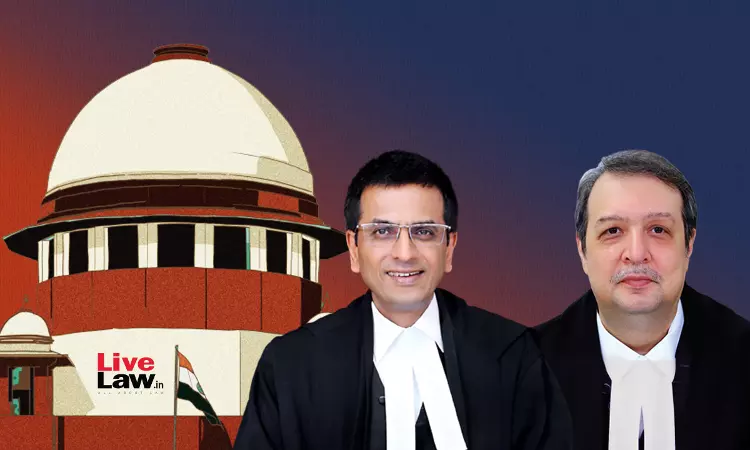Retirement Age Can't Be Increased Based On Superannuation Age In Another Similar Post : Supreme Court
Suraj Parmar
24 Aug 2023 12:01 PM IST

The Court also said that retirement age of an employee cannot be increased on the ground of devotion to the job.
Next Story


